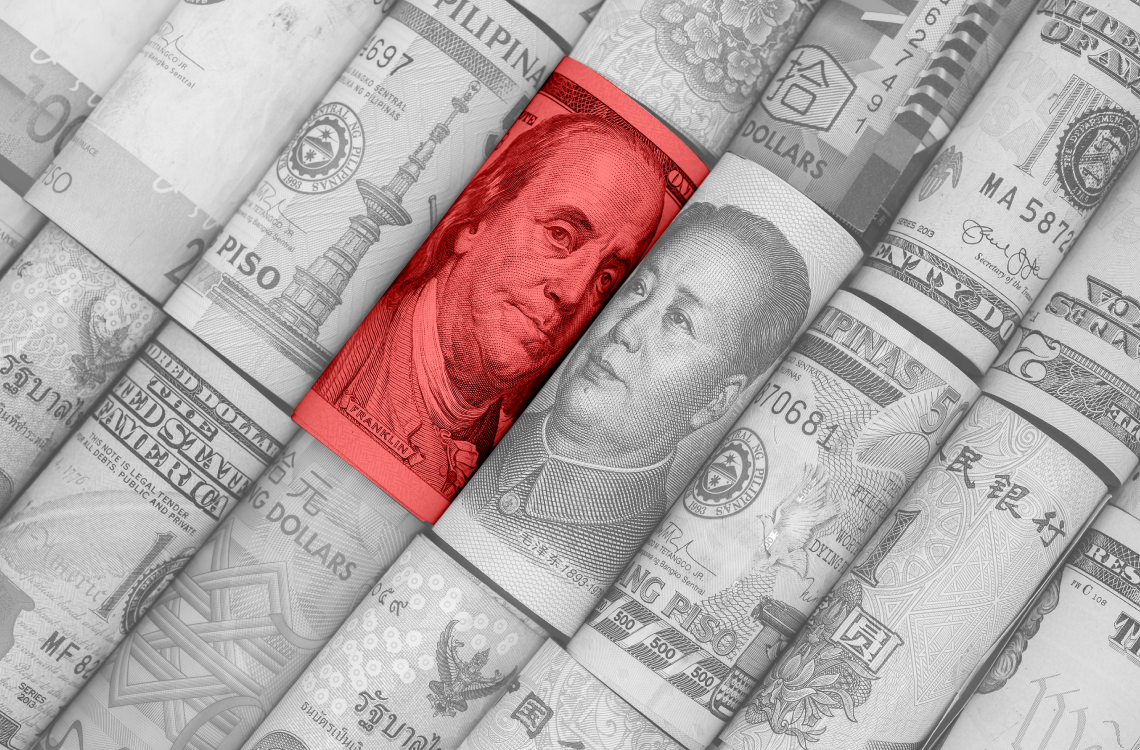The U.S. dollar’s narrative is undergoing a significant shift, and it’s about time everyone sat up and took notice. Historically, the connection between oil prices and the dollar was a straightforward one. But now, it seems the ground beneath us is shifting, with the dollar making some unexpected moves.
U.S. Evolution: From Importer to Exporter
Decades of persistent innovation in the U.S. oil sector has pushed the nation from being a primary net importer to proudly wearing the crown of a net exporter. The technologies of fracking and horizontal drilling were game-changers.
By 2017, the U.S. had pivoted to a net exporter of natural gas. Fast forward to last year, and it’s not just about gas anymore – the U.S. is also leading as a net exporter of energy as a whole, even achieving the top rank in the liquefied natural gas export arena.
This transformative journey means the dollar now enjoys a seat at the elite “commodity currency” table, rubbing shoulders with the likes of the Canadian dollar and Norwegian krone.
Rising oil prices traditionally strengthen a nation’s trading conditions and, in turn, its currency. This typical reaction has proven true for the dollar.
But there’s a twist. The dollar isn’t just any currency; its influential role in global markets amplifies the ripple effects of its strength. This growing might of the dollar, intertwined with today’s oil-dollar dynamics, spells challenging times for emerging economies importing energy.
As they grapple with increased import costs driven by rising oil prices, the formidable dollar further threatens their local currencies. The consequences? Skyrocketing inflation and looming financial instability risks.
The Domino Effect: Oil, Inflation, and the Dollar
Recent surges in crude oil prices, specifically Brent crude, have been attributed to consistent demand and the perception that supply would remain restricted for an extended period.
It’s evident that major oil players, such as Saudi Arabia, are playing the long game, curbing production to prop up prices. In the wake of this oil price surge, the dollar flexed its muscles.
Between mid-July and mid-October, the DXY index, which tracks the dollar’s performance against other major currencies, saw an uptick of over 6%.
And while currencies dance to multiple tunes, the dollar’s ascent wasn’t just oil-driven. Growing concerns about lingering U.S. inflation intensified the pressure on the Federal Reserve, suggesting a possibility of persistently higher interest rates.
Feeling the Burn: Emerging Economies in the Spotlight
The potent blend of escalating energy prices, probable U.S. interest rate hikes, and a robust dollar is a nightmare scenario for many nations, especially energy-dependent economies in Asia.
South Korea’s recent economic woes illustrate the grim picture. With consumer prices seeing their most significant rise in half a year primarily due to commodities, the country is in a tight spot.
In a bid to control inflation, its central bank is intervening in the currency markets, striving to prevent further weakening of the won against the dollar.
For investors, it’s critical to understand the revamped dynamics of the dollar-oil relationship. Although the current narrative emphasizes oil supply challenges, especially with potential upheavals in the Middle East, the spotlight could shift to dwindling demand in the face of stricter global monetary policies.
However, let’s not be naive. Even if oil prices were to plummet, it might not necessarily cause a significant dip in the dollar’s strength.
Historically, during economic downturns, the dollar’s resilience has often been attributed to global investors flocking to U.S. assets like Treasuries. But with increasing concerns over U.S. governmental dysfunction and debt, the future remains unpredictable.





